Abbey Lincoln
Involving jazz, you can never forget about her. To understand how music evolves fully, you have to understand about Abbey Lincoln's life and legacy. She was a trailblazer, outspoken for our freedom, and a lover of Blackness 100 percent. The outstanding singer and civil rights activist Abbey Lincoln was born in Chicago. She was born on August 6, 1930. Her original name is Anna Marie Wooldridge. She was raised in Calvin Center, Cass County, Michigan. So, Lincoln was born and raised in the great Midwestern region of the United States of America. As a young child, Lincoln went into a one room school to develop her education, and she was raised with 11 siblings. Abbey Lincoln even taught herself on how to play the piano. Constantly, Lincoln would invent songs. Lincoln performed at the church choir and at amateur contests. Early on, she sang music from Hawaii to Havana, Cuba. As early as 1951, she performed in numerous nightclubs. That was very commonplace for many black musicians like Maya Angelou. She lived in Honolulu, Hawaii as a resident singer in a club. She came back to California in 1954. Like many singers of her time, Abbey Lincoln was inspired by Billie Holiday. As many know, Bille Holiday was one of the greatest jazz musicians of all time. Holiday sang from her soul on many topics from love to expressing opposition to the cruel evil of the lynching of black human beings. Lynchings of black people didn't just occur in the South. They transpired nationwide. Lincoln readily visited the Blue Note jazz club in New York City. Her debut album (in 1955) was "Abbey Lincoln's Affair: A Story of a Girl in Love." She made other albums for Riverside Records too. In 1956, Abbey Lincoln was in the movie of The Girl Can't Help It, for which she wore a dress that had been worn by Marilyn Monroe in Gentlemen Prefer Blondes (1953), and interpreted the theme song, working with Benny Carter. By 1957, she moved into New York City, and she worked at the Village Vanguard, which is a jazz club in Greenwich Village. She had many friends and artists who was all about promoting civil rights and advancing the great genre of jazz music. In 1957, she released the album of That's Him!, and in 1958, she released the album It's Magic. Abbey is Blue came out in 1959.
Her Early Career
By 1960, she sang on Max Roach's landmark civil rights themed recording of We Insist! Lincoln's lyrics were often linked to the civil rights movement in America. That time of the 1960's was a cultural revolution where black people and other oppressed human beings saw a shift in the world society. With Ivan Dixon, she co-starred in Nothing But a Man (1964), an independent film written and directed by Michael Roemer. Nothing But a Man was a honest film that exposes the evil injustices of Jim Crow apartheid in America. Nothing But a Man had everything from a diverse black cast, real life situations, and honesty about the complex nature of black life. It didn't sugarcoat a thing, and it was one of Malcolm X's favorite movies. Abbey Lincoln married Max Roach in 1962. All over the 1960's, Abbey Lincoln and Max Roach participated in civil rights activism via their performances at benefits and fundraisers for the NAACP and CORE (the Congress of Racial Equality). "It always did the actresses in, because I was the one who was supposed to have this reputation as a freedom fighter ... and I got two movies," Lincoln told NPR's Roy Hurst in a 2003 interview. In 1968 she co-starred with Sidney Poitier and Beau Bridges in For Love of Ivy and received a 1969 Golden Globe nomination for her appearance in the film. For The Love of Ivy is an underrated film in music film history. It is about a black woman, who is a maid to a wealthy family, having an independent mind of her own in her quest for romance plus moving forward with her career. Her character was strong, intelligent, and with a determination to get what she wants in a positive way. Sidney Poitier and Abbey Lincoln in the film fall in love in many levels and steps. It's a realistic romantic film based on mutual respect for 2 black human beings who are in love.
Television appearances, made by Abbey Lincoln, began in 1968 with The Name of the Game. In March 1969, she had a role for WGBH-TV Boston. The role was in one of a 10-episode series of individual dramas written, produced and performed by black people called, "On Being Black." It was her work in Alice Childress's Wine in the Wilderness. She appeared in Mission: Impossible (1971), the television movie Short Walk to Daylight (1972), Marcus Welby, M.D. (1974), and All in the Family (1978). Lincoln was married from 1962 to 1970 to drummer Max Roach, whose daughter from a previous marriage, Maxine, appeared on several of Lincoln's albums. During the 1970's, she helped her mother in Los Angeles, and Abbey Lincoln began to write literature. In 1973, Abbey Lincoln released the album of People in Me. Her first lead album in 12 years after Straight Ahead.
The Later Years
After a tour of Africa in the mid 1970's, she adopted the named of Aminata Moseka. Africa has changed the lives of tons of black people in seeing the Motherland in its glory plus beauty. By the 1980's, Abbey Lincoln's creative output was smaller and she released only a few albums. In 1984, she released her album of Talking to the Sun under Enja Records. Her song "For All We Know" is featured in the 1989 film Drugstore Cowboy. In 1987, she released the albums of Abbey Sings Bille, Vol. 1 and Abbey Sings Billie Vol. 1 as a tribute to Billie Holiday with Enja Records. In the 1990 Spike Lee movie Mo' Better Blues. Abbey Lincoln played the young Bleek's mother, Lillian. Mo' Better Blues is about jazz musicians, and one jazz musician (portrayed by Denzel Washington) evolves from being a womanizer to being a more mature, upright black man who takes care of his family firmly. Ironically, Spike Lee's sister plays Denzel's love interest in Mo' Better Blues. In 1990, Lincoln also released the album of The World is Falling Down. During the 1990's and until her death, however, she fulfilled a 10-album contract with Verve Records. These albums are highly regarded and represent a crowning achievement in Lincoln's career. In 1991, You Gotta Pay the Band was released by Abbey Lincoln too. Devil's Got Your Tongue (1992) featured Rodney Kendrick, Grady Tate, Yoron Israel, J. J. Johnson, Stanley Turrentine, Babatunde Olatunji and The Staple Singers, among others.
Lincoln worked with Maggie Brown on Brown's album of Wholly Earth in 1999. Lincoln wanted Brown to just make music and don't get bogged down in agents or money. Brown is a fan of Lincoln which is why she did a tribute to Lincoln called Maggie Sings Abbey. Maggie Brown was a fan of her since she was a child. In 2003, Lincoln received a National Endowment for the Arts Jazz Master Award. Her music dealt with lyrics that dealt with the ideals of the civil rights movement and helped inspired future generations' passion for the cause in the minds of her listeners. She always loved acting too. Abbey Lincoln loved to explore more philosophical themes in the later years of her songwriting career. She remained professionally active in her work until well into her seventies. Her last album before her passing was "Abbey Sings Abbey" in 2007.
Lincoln died on August 14, 2010, in Manhattan, eight days after her 80th birthday. Her death was announced by her brother, David Wooldridge, who told The New York Times that she had died in a Manhattan nursing home after suffering deteriorating health ever since undergoing open-heart surgery in 2007. No cause of death was officially given. She was cremated and her ashes were scattered. Before her passing, Abbey Lincoln asked her friend Dee Dee Bridgewater to help keep the songbook alive of her music. On May of 2011, at the John F. Kennedy Center for the Performing Arts in Washington, D.C., something happened. Dee Dee Bridgewater, Dianne Reeves, and Cassandra Wilson played Abbey Lincoln's music. Bridgewater fulfilled Lincoln's promise. Terri Lyne Carrington was the musical director on the drums. It was their jazz tribute to Abbey Lincoln.
Her legacy
Today, more human beings understand the long life of the late legend Abbey Lincoln. I only heard of her a few years ago, but her legendary contributions to jazz and music are endless. She was born in Chicago. Jazz and blues traveled from the Delta northward into the Midwest and all over America. Later, Abbey Lincoln worked hard to perfect her craft of studying and expressing music. She sang from clubs to world famous performing arenas globally. As a black woman, her consciousness was very high. All over her life, she advocated for civil rights and human justice. She sang in favor of black liberation overtly in her records. She was criticized for that too during the 1960's, but Lincoln didn't care. Many of us know about Monk, Max Roach, Joe Coltrane, Sarah Vaughan, Wynton Marsalis, and Miles Davis, but it is important that unsung artists like Abbey Lincoln receive their flowers for their creative, monumental talent. Abbey Lincoln was unapologetic in her activism and in her soul. Filled with soul, she loved our black people greatly. I remember her movies too. She was in both films of Just A Man (featuring Ivan Dixon) and For the Love of Ivy (featuring Sidney Poitier). Just a Man and For the Love of Ivy was an ode to the beauty of Black Love and the resiliency of black existence. Her movies deal with the art of acting and political statements too. Abbey Lincoln made albums for over 5 decades well into the 21st century. Lincoln was our unsung hero. Jazz is an American artform invented by black people in America. When you get older, you further appreciate the wonderful songs found in jazz music. From the rivers of the Delta to the areas of the four corners of the world, jazz and blues (with the trumpets, bass, musical notes, and diverse pitches) transformed the atmosphere of our cultural expression. Abbey Lincoln's sounds were crisp and excellent, her aura was inspirational, and her legacy is firmly established as one of the greatest musicians of all time.
The History of Gospel Part 3: The Transitional Age (1972-1997)
After the passing away of the legendary icon Mahalia Jackson (whose life was celebrated in the recent Lifetime TV film about her life in 2021 starring the great singer Danielle Brooks. It was directed by Kenny Leon, and its executive producer is Robin Roberts), gospel music was in a transition. From being relegated to religious people mostly, gospel expanded internationally by the time of the early 1970's. That is why that tons of religious and non-religious people love gospel music. With the growing pains of the musical genre, gospel music evolved. By the 1970's, there were growing debates to figure a balance of how to show the gospel music with a message of salvation plus inspiration while not selling out spiritual principles. These debates continue to this very day in the 21st century. Edwin Hawkins’ “Oh Happy Day” is loved by diverse audiences. During this time, some gospel songs represented outstanding character. Also, we find gospel musicians who were revolting and who abused innocent human beings. Abusing people is wrong period in any circumstance. Artists and groups flourished during the era of 1972 to 1997 like Andrae Crouch, Yolanda Adams, The Disciples, The Imperials, Shirley Caesar, Alex Bradford, Aretha Franklin, Clarence Fountain, Clara Ward, Five Blind Boys of Alabama, Marion Williams, and other human beings. This time period of gospel saw greatness, controversies, and a transition to the new school era of music at the same time. Music is representative of the culture of the ages of time regularly.
This time saw civil rights, women's rights, and other cultural revolutionary changes existing in American plus world societies. Gospel music definitely reflected the times. The end of this era saw the rise of hip hop, and some gospel musicians like Kirk Franklin merging gospel and hip hop sounds into one. That is exemplified in the song of Stomp. Therefore, we have to know of these realities in order to analyze plus understand the evolution of gospel music in general. Like always, I do believe in God. To me, mathematics, natural laws in the Universe, Phi, the complexity of DNA, prophecies, and other reasons cause me to believe that the Most High God caused the Universe to exist in the first place. Gospel certainly does inspire the soul magnificently.
Continuing Gospel Music
By 1972, America and the world was in a new era. There was the aftermath of the deaths of prominent human rights activists and musicians (like Fred Hampton, Malcolm X, Dr. Martin Luther King Jr., Jimi Hendrix, Janis Joplin, etc.). Gospel music helped to filled the void found among many people. One of the most influential albums of the 1970's was Amazing Grace by Aretha Franklin. It was a live album recorded in January 1972 at New Temple Missionary Baptist Church in Los Angeles. She worked with the controversial Reverend James Cleveland and the Southern California Community Choir accompanying Franklin in performance. The album was very powerful, and it was highly successful with zeal and energy. It went double platinum in the United States. It also won Franklin the 1973 Grammy Award for Best Soul Gospel Performance. As of 2017, it stands as the biggest selling disc of Franklin's entire fifty-plus year recording career as well as the highest-selling live gospel music album of all time. Aretha Franklin was one of the greatest vocalists in history, and that album proved it once again. Songs like Old Landmark, Mary, Don't You Weep, and Amazing Grace are staples in American gospel culture. The black gospel group of the Dixie Hummingbirds helped many diverse artists in the 1970's. Many of their members are James Davis, Ira Tucker, William Bobo, Jimmy Bryant, Barney Gipson, Claude Jeter, etc. Even Elvis Presley made some gospel music in the 1970's which was strange, because Elvis by the 1970's didn't believe in orthodox Christianity.
We know of Elvis' imperfections, and I don't agree with him on many issues. I do agree with his statement that ultimately rock and roll and rhythm and blues came from black people. Also, the imperfections of Elvis shouldn't be understated. When he was a child, he grew up in the First Assembly of God Church in East Tupelo, MS and then the First Assembly of God in Memphis. Elvis was a rebel, he wanted to pray to his dead twin Jesse, and cursed God in private when he was in high school. Elvis loved Southern Gospel music, but he didn't repent of his mistakes. He accepted a New Age faith. Elvis had a violent rage, he tried to get people to murder his enemies, he threw a poll ball at one woman fan to cause severe injury, and he abused drugs. He put his hands on Priscilla Presley (he was a grown man when he dated her as a teen). Elvis and Priscilla committed adultery against each other. Elvis Presley read new age books like material from the guru Paramahansa Yogananda, the Hindu founder of the Self-Realization Fellowship. According to the book Hungry for Heaven, Elvis studied Hindusim, mind control, theosophy, numerology, and positive thinking. He constantly cursed God's name in private conversations. Elvis was a great fan of occultist Madame Blavatsky. He was so taken with Blavatsky’s book The Voice of Silence, which contains the supposed translation of ancient occultic Tibetan incantations, that he "sometimes read from it onstage and was inspired by it to name his own gospel group, Voice" (Goldman, Elvis, p. 436). Another of Elvis’s favorite books was The Impersonal Life, which supposedly contains words recorded directly from God by Joseph Benner. Biographer Albert Goldman says Elvis gave away hundreds of copies of this book over the last 13 years of his life. So, Elvis was the ultimate hypocrite to make gospel albums, but he didn't follow what the Holy Gospel entails. So, this is the truth. Now, you know.
Additionally, there are other black gospel singers who excelled in the 1970's too. Andrae Crouch was one of the gospel legends too. For decades, he has been a gospel singer, a songwriter, an arranger, a record producer, and a pastor. He worked with The Disciples in the album of Keep on Singin' in 1971 and Soufully in 1972. His debut album was Just Andrae in 1973. Later, he made the album of I'll Be Thinking of You in 1979. Later in his life, he was a producer and arranger with Michael Jackson, Madonna, Quincy Jones, Mika (We Are Golden), Diana Ross, Elton John, Rick Astley ("Cry for Help"), and Prefab Sprout. Crouch also had a long relationship with the Oslo Gospel Choir, which he occasionally produced, arranged for and performed with. By the 1970's, Edwin Hawkins made more albums like Children Get Together (1971), New World (1973), Wonderful (1976), The Comforter (1977), Edwin Hawkins Presents the Matthews Sisters (1977), and Edwin Hawkins Live at the Symphony (1979). Many singers who worked with Hawkins are Elaine Kelly, Margarette Branch, Dorothy Combs Morrison (the original lead singer on "Oh Happy Day"), Tramaine Davis (Hawkins), Reuben Franklin, Donald Cashmere, Betty Watson, and Ruth Lyons. Albert Floyd and the Floyd Family was a prominent gospel group of the 1970's. The Floyd Family made tons of music. Willie Scott and the Birmingham Spirituals worked as a collective team. Willie Scott handled booking, merchandise, marketing, and logistics.
Annie Caldwell was born in Mississippi. She loved the Staples Singers growing up too. She formed a band called The Caldwell Singers who performed for years and decades. Shirley Caesar continued to make music in the 1970's. Caesar recorded and performed with Albertina Walker, Cassietta George, Inez Andrews, Delores Washington, Josephine Howard, Eddie Williams and James Herndon while in the Caravans. Her biggest hit with the Caravans was the song "Sweeping Through the City" followed by "No Coward Soldier." After eight years with the Caravans, she decided to leave after being offered a solo recording contract with Hob Records. Shirly Caesar's first LP on the Hob label was entitled I'll Go, backed up by the Institutional Radio Choir and includes the classics "Oh Peter, Don't Be Afraid" and "Choose Ye This Day." In 1971, Shirley won her first Grammy Award for her recording of "Put Your Hand in the Hand of the Man", and in 1975, her recording of the song "No Charge" became an instant hit and her first gold record. To reach more people with her music, Caesar signed with a secular record label called Roadshow Records in 1977 and released the debut album entitled First Lady. The producer of the album titled the album First Lady because Caesar was the first woman to ever record on the label. The album contained songs with strong gospel lyrics, but many within the gospel community felt that the music itself was "too worldly." Many gospel DJ's refused to play it on their radio station. One song, however, "Faded Rose", later became a Caesar classic. Overall, the album sold poorly, but the "First Lady" title caught on within the gospel industry, and concert announcers, DJ's and gospel promoters everywhere started introducing her as "The First Lady of Gospel Music", a title that has been associated with her ever since. She had the From the Heart album in 1978.
The Staples singers always did gospel music too. The Clark Sisters were born and raised in Detroit, Michigan. The Clark Sisters are Elbertina "Twinkie" Clark, Jacy Clark Chisholm, Dorinda Clark Cole, and Karen Clark Sheard. Their parents are musician Dr. Mattie Moss Clark and Pastor Elbert Clark. The Clark Sisters signed to Sound of Gospel Records in 1974. Under this association, the group released albums such as Unworthy, Count It All Joy, and He Gave Me Nothing to Lose, which hit the top 20 of the Billboard Spiritual LPs chart. By this point, Dr. Clark had turned over control of the group to Twinkie, who continued to write, arrange, conduct, and produce all of the Clark Sisters' recordings. Their popularity soared with the release of the live recording Is My Living in Vain, in 1980. By the end of the 1980's, music changed. Disco was scapegoated and bashed by bigots, hip hop (a new artform back then) grew, and Contemporary Gospel Music started to solidify itself.
Gospel Music of the 1980's
The 1980's saw a different style of music. There was the growth of CDs, synthesizers, and a sense of experimentation in fashion and music. Gospel music in the 1980's was a turning point. More artists wanted gain more secular audiences, while other gospel musicians wanted to keep up with the traditional sounds. In 1981, the Clark Sisters released the album of You Brought the Sunshine. The music from that album was a hit in the churches and on the dance floor. The song of You Brought the Sunshine (Into My Life) is beloved by lovers of music. The sisters delivered another progressive effort in 1982, Sincerely, which included "Name It, Claim It" and the politically charged "World." Though its success was overshadowed by You Brought the Sunshine, the sisters received their first Grammy Award nomination for Best Soul Gospel Performance by a Duo or Group for the album at the 26th Annual Grammy Awards. Shortly after winning the Grammy nomination, the Clark Sisters won the NAACP Image Award for best gospel group for 1983. After receiving a second Grammy nomination in the Best Soul Gospel Performance by a Duo or Group category for the song, "He'll Turn Your Scars Into Stars" – later included on the album Heart & Soul (1986), the sisters were invited to perform live on the following 27th Annual Grammy Awards in 1985, alongside their mother, where they performed "Praise the Lord (Hallelujah)" as part of a medley with the year's fellow gospel nominees.
By the end of the 1980's, the Clark Sisters were already one of the most influential, talented gospel groups of all time. Mary J. Blige, Faith Evans, Jill Scott, Fantasia, Brandy, Jazmine Sullivan , and Kelly Price (some of the most talented R&B singers of our generation) are all inspired by the Clark Sisters. A younger Yolanda Adams came on the gospel scene by the 1980's too. In 1982, Yolanda Adams was a featured vocalist for the song of For My Liberty (as part of the Houston's Southeast Inspirational Choir). Yolanda Adams is from Houston, Texas. In 1986, Adams was featured on the Edwin Hawkins Music and Arts Seminar Choir released Give Us Peace, with a performance entitled "My Trust Lies in You." Later, she signed a recording contract with Sound of Gospel which yielded her first album Just As I Am in 1987. By the 1990's, Yolanda Adams would reach legendary status as a musician and artist. The history of 1980's gospel music was filled with choir and groups making a huge contribution to songs. One choir making a great deal of praise was the Mississippi Mass Choir based in Jackson, Mississippi. They were united by the 1980's made up of hundreds of people. After months of rehearsals, the Mississippi Mass Choir recorded their eponymous debut album and video live at Thalia Mara Hall (formerly Jackson Municipal Auditorium) on October 29, 1988.
In the spring of 1989, five weeks after their debut album was released, Billboard magazine certified it as the Number 1 Spiritual album in the country. The album stayed on the Billboard charts for a consecutive 45 weeks, setting a new record for gospel recordings. At the 9th annual James Cleveland GMWA Awards, the Mississippi Mass Choir won the Choir of the Year-Contemporary, and Best New Artist of the Year-Traditional. They also walked away with four Stellar Awards in 1989 and were nominated in several categories for the 1989 Soul Train Music Awards and Dove Awards. The choir's second album, Near the Cross, God Gets The Glory, was recorded live at the Mississippi State Coliseum in Jackson on December 8, 1990. Many of their great songs are All in His Hands, Lord, We Thank You, Come On In the Room, Going Up Yonder, and Call Him Up. The Mississippi Mass Choir continues to make music to this very day. The Commodores made a gospel album in the 1980's too with the famous song of Jesus is Love. By the end of the 1980's, BeBe Winans and CeCe Winans grew their gospel careers too. Both siblings were born in Detroit, Michigan.
New School Gospel Music
The 1990's saw the birth of new school gospel music. By 1990, Mighty Clouds of Joy had the song of Can't Nobody Do Me Like Jesus. In 1995, CeCe Winans had His Strength is Perfect. She also worked with Whitney Houston (her friend) on gospel songs too. By 1996, Fred Hammond and Radical for Christ had the 1996 song of When the Spirit of the Lord. Yolanda Adams shined brightly during the 1990's with the song of That Name. Her album of Save the World had her signature song of The Battle is the Lord's. The Battle is the Lord's is a song so popular that even I heard of the song as a child. My mother is a fan of Yolanda Adams's music too. The album had music like Let Us Worship Him, This Joy, and Right Now. In a way, the 1990's was a throwback to the 1990's with harmonies, soul singers, and a gospel influence in music. Gospel music was heavily popular in the 1990's. Also, we see the rise of Christian rap and gospel music with much hip hop elements in it. Back then, the group with that influence included Kirk Franklin and the Family. Kirk Franklin is the first of a new generation of gospel artists. He is urban, he has charisma, and he is daring. Kirk Franklin suffered a great deal in his childhood. A native of Fort Worth, Texas, Franklin was raised by his aunt, Gertrude, having been abandoned as a baby by his mother. Gertrude recycled aluminum cans to raise money for Kirk to take piano lessons from the age of four. Kirk excelled and was able to read and write music while also playing by ear.
At the age of seven, Franklin received his first contract which his aunt turned down. He did join the church choir and became music director of the Mt. Rose Baptist Church adult choir at 11 years of age. He was once involved in destructive behavior as a teenager until gospel music literally saved his life. In 1992, he formed a choir called the Family. In 1993, the group, now known as "Kirk Franklin & The Family," released their debut album, Kirk Franklin & The Family. It spent almost two years on the gospel music charts and charted on the R&B charts, eventually earning platinum sales status. It remained at No. 1 on the Billboard Top Gospel Albums chart for 42 weeks. It was the first gospel music album to sell over a million units. Two years later, after releasing a 1995 Christmas album entitled Kirk Franklin & the Family Christmas, the group released Whatcha Lookin' 4 in 1996. The album was certified 2x platinum and earned Franklin his first Grammy Award for Best Contemporary Soul Gospel Album. Through accomplishments, controversies, and awards, Kirk Franklin remains one of the most influential gospel artists of all time. He loves his wife. We know the elephant in the room, but he admitted his imperfections like a man in public and in private. That's much more courageous than deceit. Kirk Franklin remains a new school pioneer of gospel music.
The Start of a Change (Conclusion for Gospel Music)
One date of gospel music that changed everything was May 27, 1997. That was the date when God's Property and Kirk Franklin released the album of God's Property from Kirk Franklin's Nu Nation. This album was unlike any album before 1997. It represented a new time. I remember this album came out during my 8th grade time in middle school. Back then, many older people didn't like this album for it merging hip hop sounds with gospel music. It was very controversial when it was first released, but now it's more celebrated to keep it real. It changed everything. The song of Stomp ft. Salt represented the start of the current era of gospel music. This change was monumental, but the gospel message still persisted. From 1997 to the present, gospel music had new artists who wanted to express themselves from Mary Mary, Tye Tribbett to Smokey Norful. Many young artists continued to old school sounds, and other musicians used R&B/hip hop styles in showing their messages to the world. In the near future, the current artists of gospel will be shown in a more depth analysis. With a changing world, you never go wrong in maintaining legitimate core convictions of loving your neighbor, standing up against injustice, preaching the Gospel, and working to build in our communities. That is what real Gospel music is all about.
Conclusion (Fall of 2021)
This year is the 56th year anniversary of the 1965 Voting Rights Act. It was signed by President Lyndon Baines Johnson. It was also created from the blood, sweat, and tears of heroes who stood up for our voting rights more than a half of century ago. Bloody Sunday showed the cruelty of police brutality. The Albany Movement, the Birmingham Movement of 1963, the Montgomery Bus Boycott, the Selma Voting Rights Movement, and other events made that law possible. Even now, we have voter suppression laws in many states of America not just in the South. In Texas, Governor Abbott is stubborn to promote an unjust voter suppression bill. That is why Texas state Democratic leaders have left Texas and came into Washington, D.C. in order for federal voting rights legislation to be passed now in 2021. So, the fight for justice is not over. We want anybody the fair access to vote without unjust restrictions.
Steve Bannon and other extremists want another hate rally in September 18, 2021 at the U.S. Capitol. These racists have united with election deniers in their plans for the future rally. Also, there has been the rise in hate crimes against our community (black people), Asian people, and other groups of people in the highest level since 2008. There is a heightened alert of white racist groups in America. That is why the most immediate threat to American society are not terrorists from another country like ISIS-K. That threat are white racists who seek to destroy America's multiracial democracy. These reactionaries are hypocrites too. They claim to be for family values, but they agree with austerity policies that harm families. Many of them have been caught up in various sexual scandals like Matt Gaetz. They claim to be spiritual and believe in God, but they follow Trump who said that I don't ask God for forgiveness over anything (also Trump curses out peaceful protesters, is a racist, is a sexist, and is a xenophobe). They claim to be for freedom, but they adhere to policies that deprive voting rights freedoms and other freedoms from human beings overtly. Therefore, the torch has been passed to a new generation of Americans (who are us), and we have this august responsibility and duty to stand up plus speak up for justice for all.
The Earthquake in Haiti is one of the saddest events of our lifetimes. Haiti has experienced a scandal, an assassination, and violence all in 2021. The American Coast Guard and other groups have helped many Haitians to live with their heroic efforts. This comes 11 years after another massive Earthquake. Humanitarian aid is needed in Haiti. Also, Haiti has the right, during the long term, to promote more of their own national sovereignty. What we have learned from the 2010 Earthquake is that investments to Haiti must be directly targeted to Haitian experts like doctors, lawyers, community groups, nurses, and other human beings with the expertise in building up infrastructure plus saving lives. Projects should be known, made specifically clear, and goals are enacted. Also Haitian leaders. who want rights and justice, should be supported. We need to show solidarity with Haitian human beings. Targeting economic inequality, food insecurity, and climate change are real issues to deal with in Haiti. This requires international action too.
By Timothy

:format(jpeg):mode_rgb():quality(90)/discogs-images/R-7735458-1447701036-5028.jpeg.jpg)


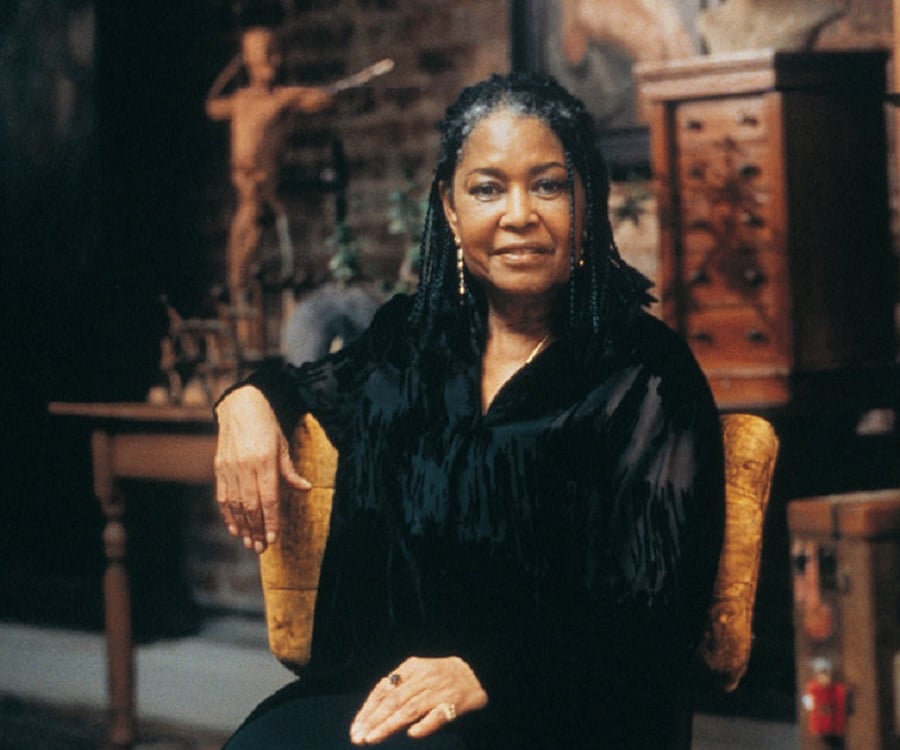


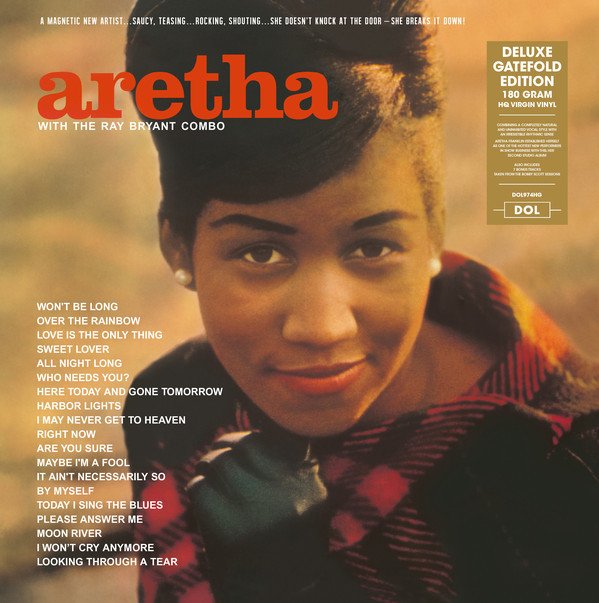


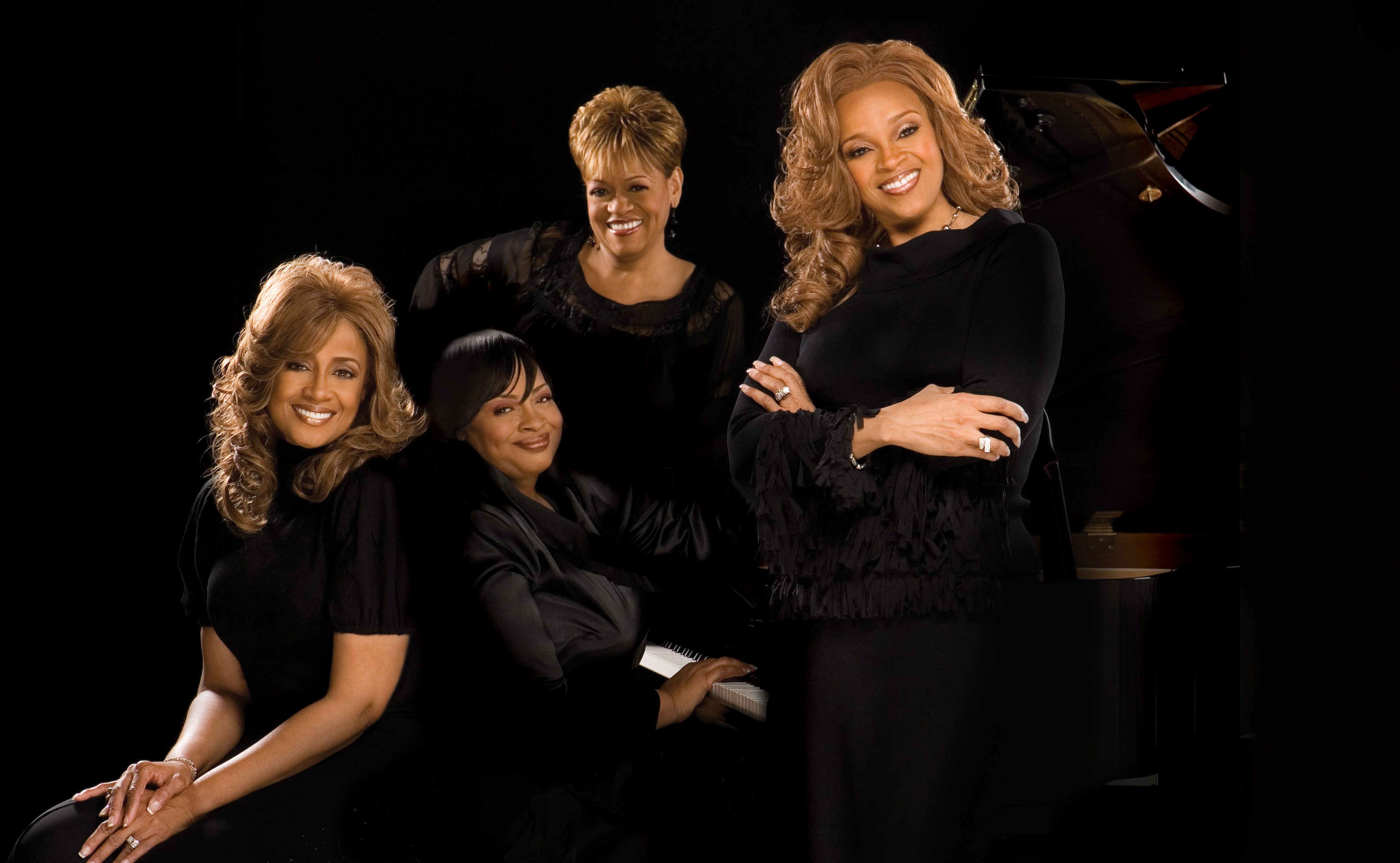


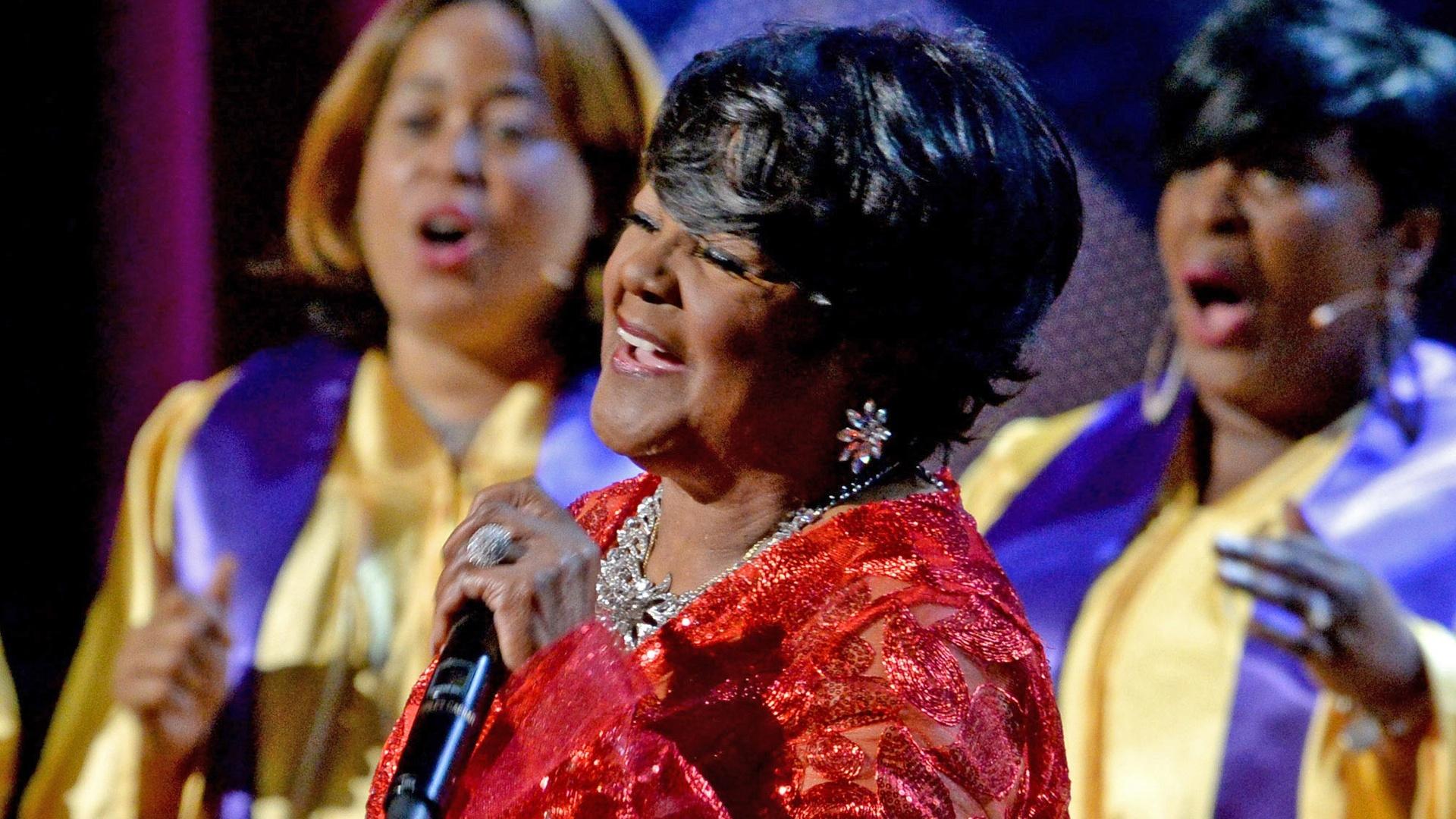
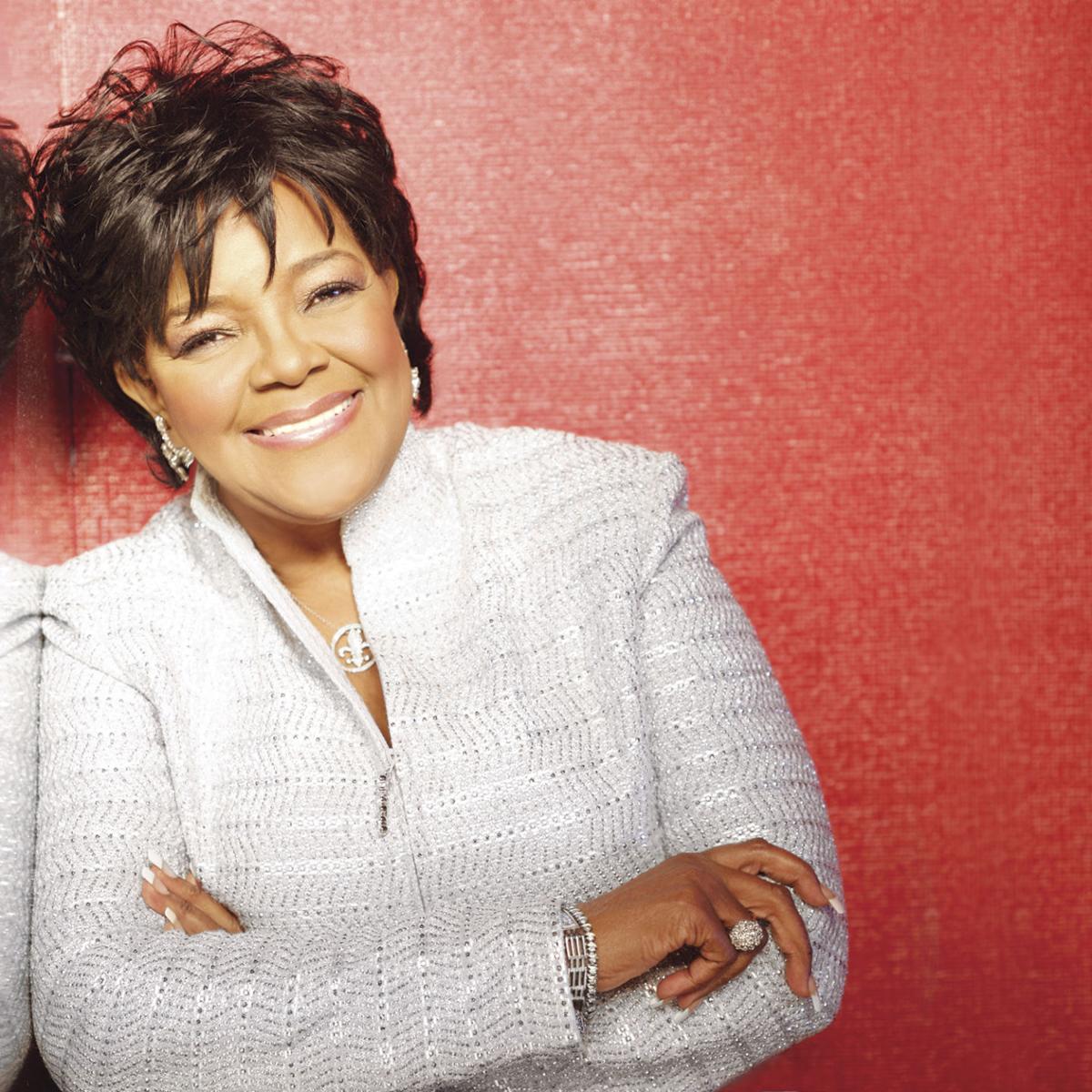


:format(jpeg):mode_rgb():quality(40)/discogs-images/R-13223833-1550256270-7724.jpeg.jpg)
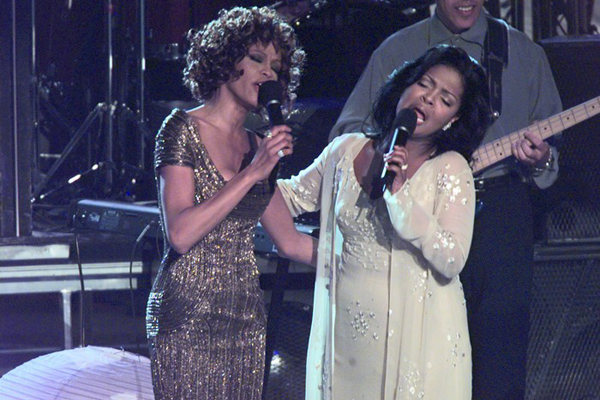
:format(jpeg):mode_rgb():quality(90)/discogs-images/R-512269-1480517191-5058.jpeg.jpg)


No comments:
Post a Comment